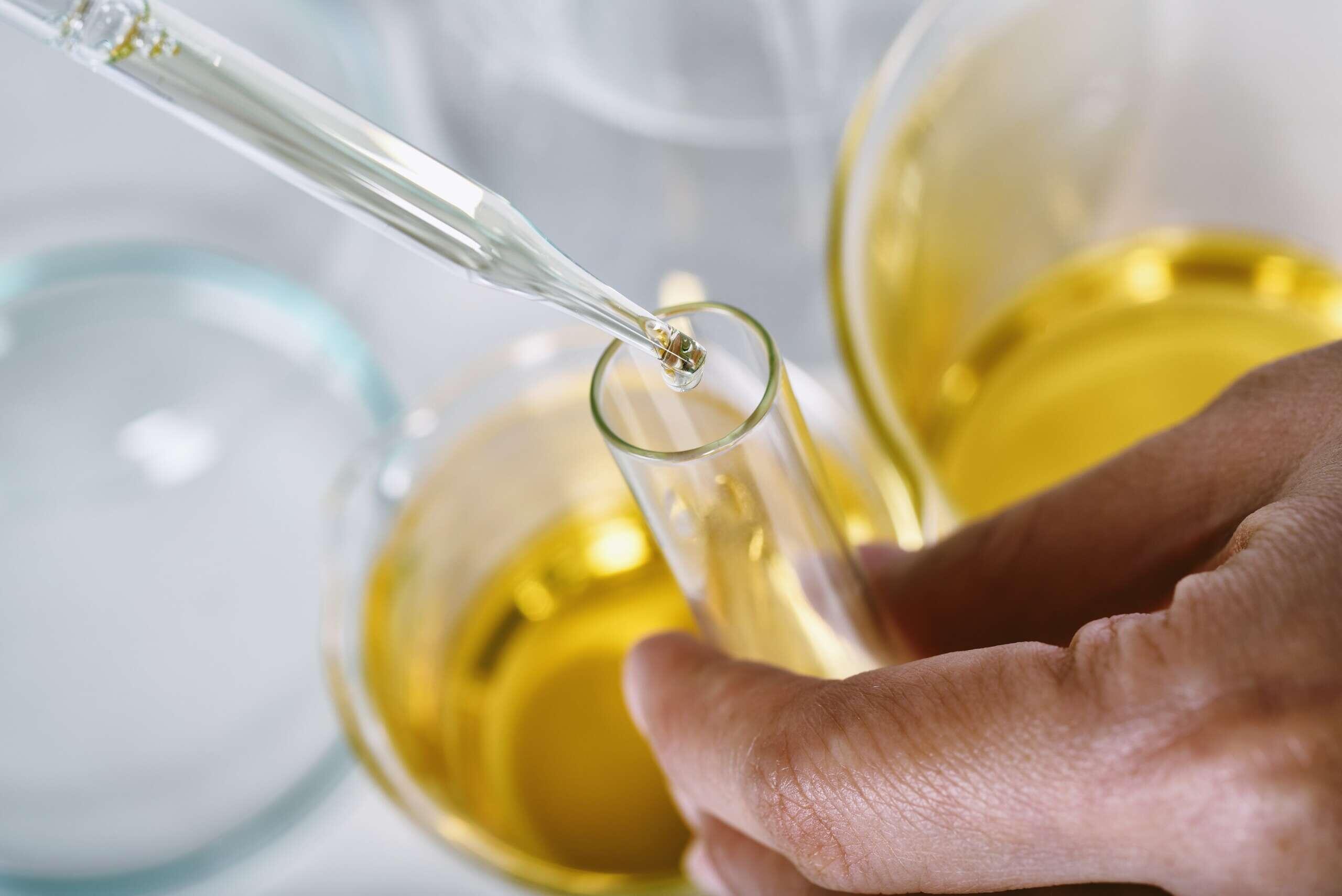No products in the cart.: $0.00
CBD vs. THC: Contrasting the Two Medical Abbreviations

Cannabidiol (CBD) and tetrahydrocannabinol (THC) are two well-known cannabinoids found in the cannabis plant. While they share a common origin, these compounds differ significantly in their effects, legal status, and medical applications. Understanding these differences is crucial for individuals considering the use of cannabis-derived products for medicinal purposes
Understanding the Basics
CBD and THC are both cannabinoids, chemical compounds found in the cannabis plant. However, they have distinct chemical structures and interact differently with the body’s endocannabinoid system. THC is known for its psychoactive properties, which produce the characteristic “high” associated with cannabis use, while CBD is non-intoxicating and does not produce psychoactive effects.
Psychoactive Effects
THC’s psychoactive effects are well-documented, leading to alterations in perception, mood, and cognition. In contrast, CBD does not induce intoxication or euphoria. Instead, it may modulate some of THC’s psychoactive effects, potentially mitigating anxiety or paranoia associated with THC consumption.
Legal Status
The legal status of CBD and THC varies widely depending on the jurisdiction. In many countries, THC remains classified as a controlled substance due to its psychoactive properties, while CBD is legal under certain conditions, particularly when derived from hemp plants with low THC content. Recent legislative changes have led to the legalization of hemp-derived CBD products in some regions, although regulations continue to evolve.
Medical Applications
Both CBD and THC have demonstrated therapeutic potential in various medical conditions. CBD is known for its anti-seizure properties and has been approved by the FDA as a treatment for certain forms of epilepsy. Additionally, CBD may have benefits for anxiety, pain, inflammation, and sleep disorders.
THC, on the other hand, is valued for its analgesic, antiemetic, and appetite-stimulating effects. It is commonly used in the treatment of chronic pain and nausea.
While CBD and THC offer distinct medical benefits, some researchers believe that they may work synergistically when used together—a phenomenon known as the entourage effect. By combining CBD and THC in specific ratios, patients may experience enhanced therapeutic effects with fewer side effects.
Conclusion
In summary, CBD and THC are two prominent cannabinoids with distinct properties and medical applications. While THC is psychoactive and subject to legal restrictions in many jurisdictions, CBD offers therapeutic potential without intoxicating effects. Understanding the differences between these compounds is essential for making informed decisions about their use in medical treatment. As research into cannabinoid medicine continues to advance, the potential for new discoveries and innovative therapies remains promising.





